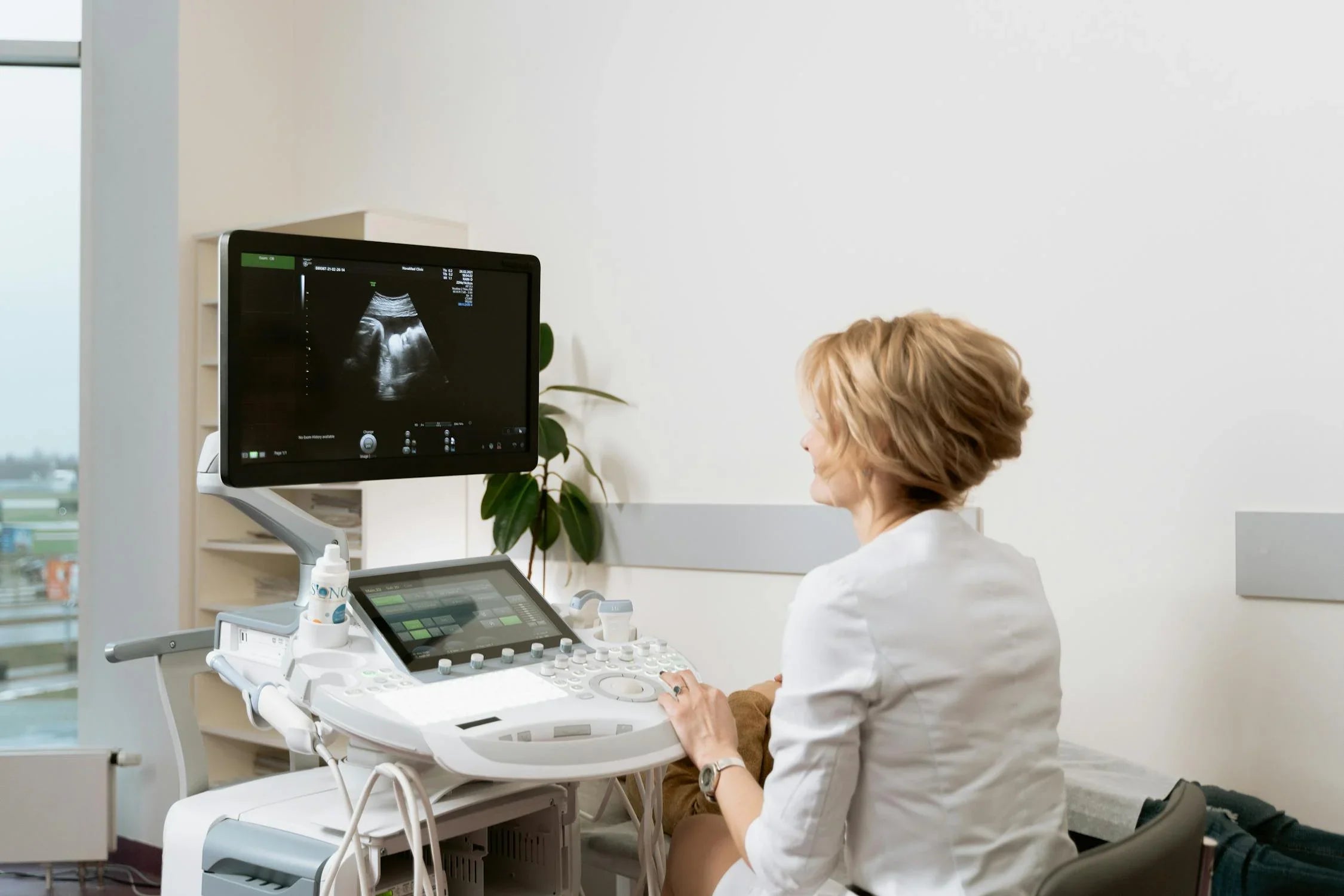Startseite
Pregnancy, Breastfeeding, and Pumping: The Ultimate Guide for Moms
How Soon Can a Pee Test Detect Pregnancy: Everything You Need to Know

How Soon Can a Pee Test Detect Pregnancy: Everything You Need to Know
When it comes to detecting pregnancy, urine tests are one of the most accessible and widely used methods. But how soon can a pee test detect pregnancy? The answer depends on several factors, including the sensitivity of the test, the timing of ovulation, and the levels of the pregnancy hormone hCG in your body. This article dives deep into the science behind urine pregnancy tests, when to take them, and what to expect for accurate results.
Understanding Pregnancy Tests
Pregnancy tests work by detecting the presence of human chorionic gonadotropin (hCG), a hormone produced by the placenta shortly after a fertilized egg attaches to the uterine lining. hCG levels rise rapidly in early pregnancy, doubling approximately every 48 to 72 hours. Urine tests are designed to identify this hormone, but their ability to do so depends on their sensitivity and the timing of the test.
How Soon Can a Pee Test Detect Pregnancy?
Most urine pregnancy tests claim to detect pregnancy as early as the first day of a missed period. However, some highly sensitive tests can detect hCG levels as low as 10 mIU/mL, which may allow for detection as early as 7 to 10 days after ovulation. Keep in mind that the accuracy of the test increases the longer you wait after a missed period.
Factors That Influence Test Accuracy
Several factors can affect how soon a pee test can detect pregnancy and its overall accuracy:
- Test Sensitivity: Tests with lower hCG detection thresholds can provide earlier results.
- Timing of Ovulation: If ovulation occurs later than expected, hCG levels may not be high enough to detect immediately after a missed period.
- Urine Concentration: Using first-morning urine, which is more concentrated, can improve accuracy.
- Medications and Medical Conditions: Certain medications or medical conditions that affect hCG levels can lead to false positives or negatives.
When to Take a Pregnancy Test
For the most accurate results, it’s best to wait until at least the first day of your missed period. Testing too early can result in a false negative, even if you are pregnant. If you receive a negative result but still suspect pregnancy, wait a few days and retest. If you have irregular periods, consider testing 21 days after unprotected intercourse.
How to Take a Pregnancy Test Correctly
To ensure accurate results, follow these steps when taking a urine pregnancy test:
- Read the instructions carefully, as different tests may have specific requirements.
- Use first-morning urine for the highest concentration of hCG.
- Collect urine in a clean container if required by the test.
- Place the test strip or stick in the urine for the specified amount of time.
- Wait for the recommended time before reading the results.
What to Do After a Positive Result
A positive urine pregnancy test is a strong indicator of pregnancy, but it’s important to confirm the result with a healthcare provider. They may perform a blood test or ultrasound to confirm the pregnancy and provide guidance on next steps. Early prenatal care is essential for a healthy pregnancy.
What to Do After a Negative Result
If you receive a negative result but still suspect pregnancy, consider retesting in a few days. If your period remains absent and you continue to experience pregnancy symptoms, consult a healthcare provider to rule out other potential causes.
Common Myths About Pregnancy Tests
There are many misconceptions about urine pregnancy tests. Here are a few common myths debunked:
- Myth: Drinking water before the test improves accuracy. Fact: Diluted urine can lower hCG concentration, leading to false negatives.
- Myth: All tests are equally accurate. Fact: Test sensitivity varies, and some are more reliable than others.
- Myth: A faint line means you’re not pregnant. Fact: Any visible line, no matter how faint, typically indicates pregnancy.
Frequently Asked Questions
Can a pee test detect pregnancy before a missed period?
Some highly sensitive tests can detect pregnancy as early as 7 to 10 days after ovulation, but accuracy increases after a missed period.
How accurate are urine pregnancy tests?
When used correctly, most urine pregnancy tests are 99% accurate after the first day of a missed period.
Can medications affect pregnancy test results?
Certain medications, such as those containing hCG, can lead to false positives. Always consult a healthcare provider if you’re unsure.
Understanding how soon a pee test can detect pregnancy is crucial for accurate results and peace of mind. By knowing the science behind the test, the factors that influence accuracy, and the best time to take it, you can make informed decisions about your reproductive health. Whether you’re hoping for a positive result or not, taking the test correctly and interpreting the results wisely is the key to clarity. Don’t hesitate to seek professional guidance if you have any doubts or concerns.
Teilen
